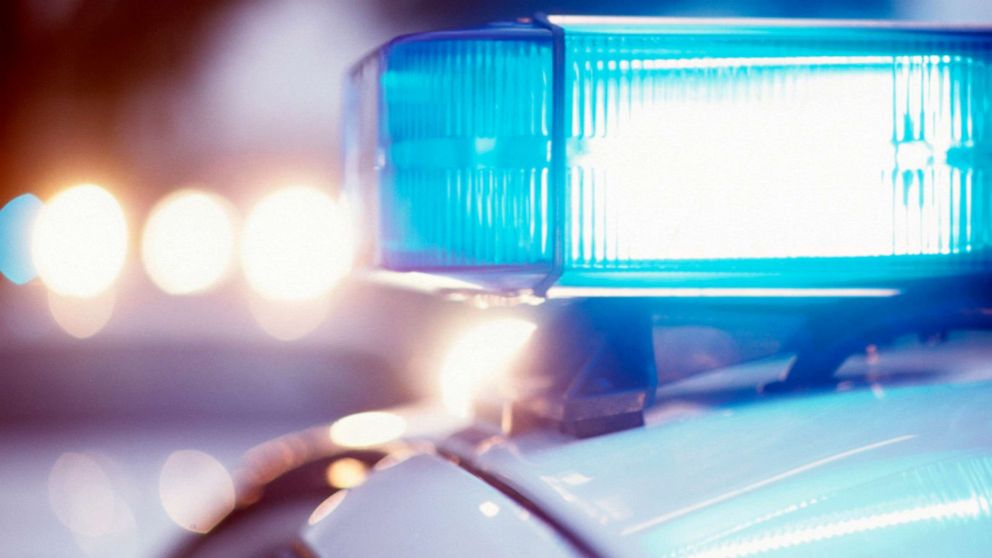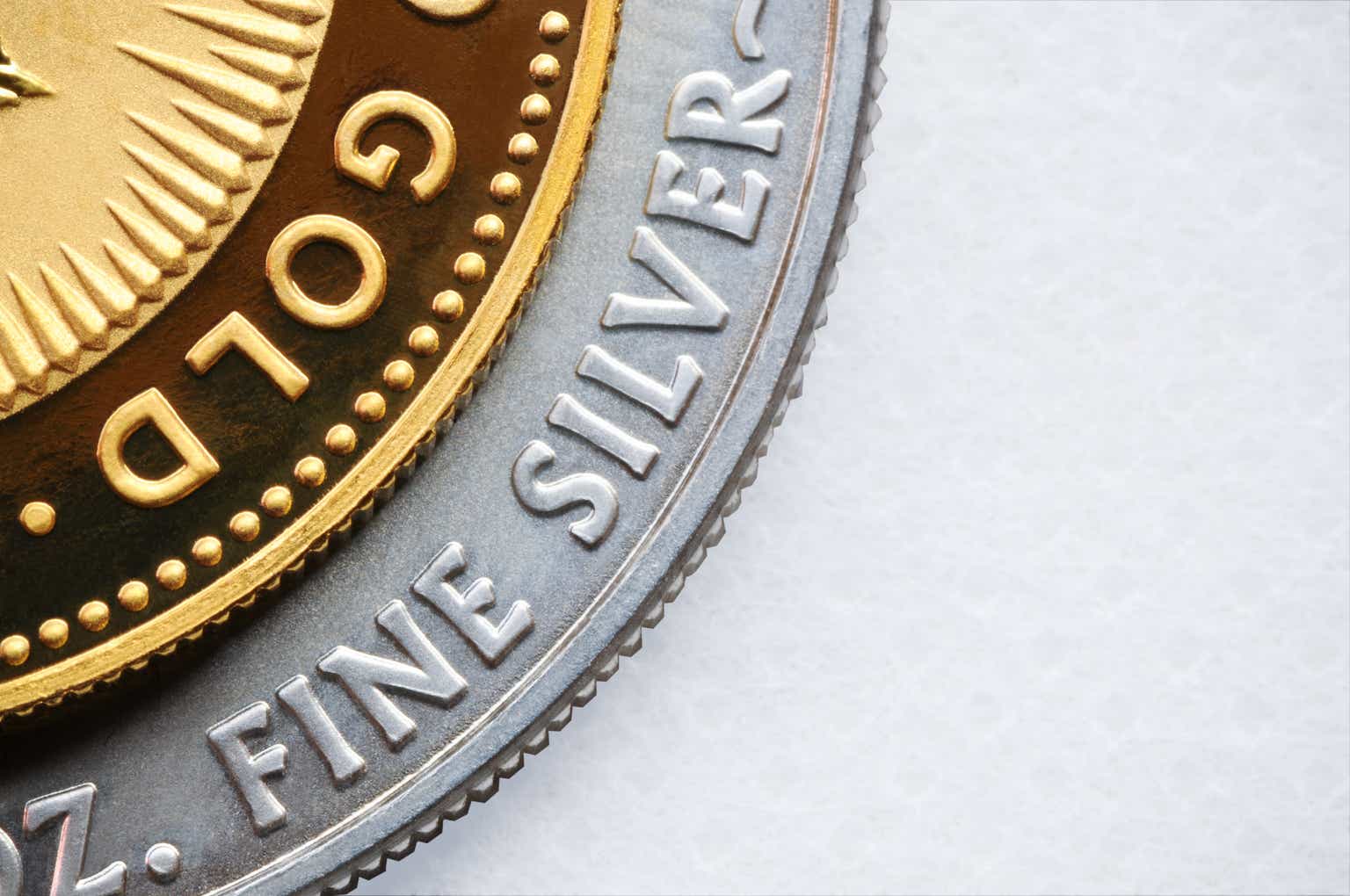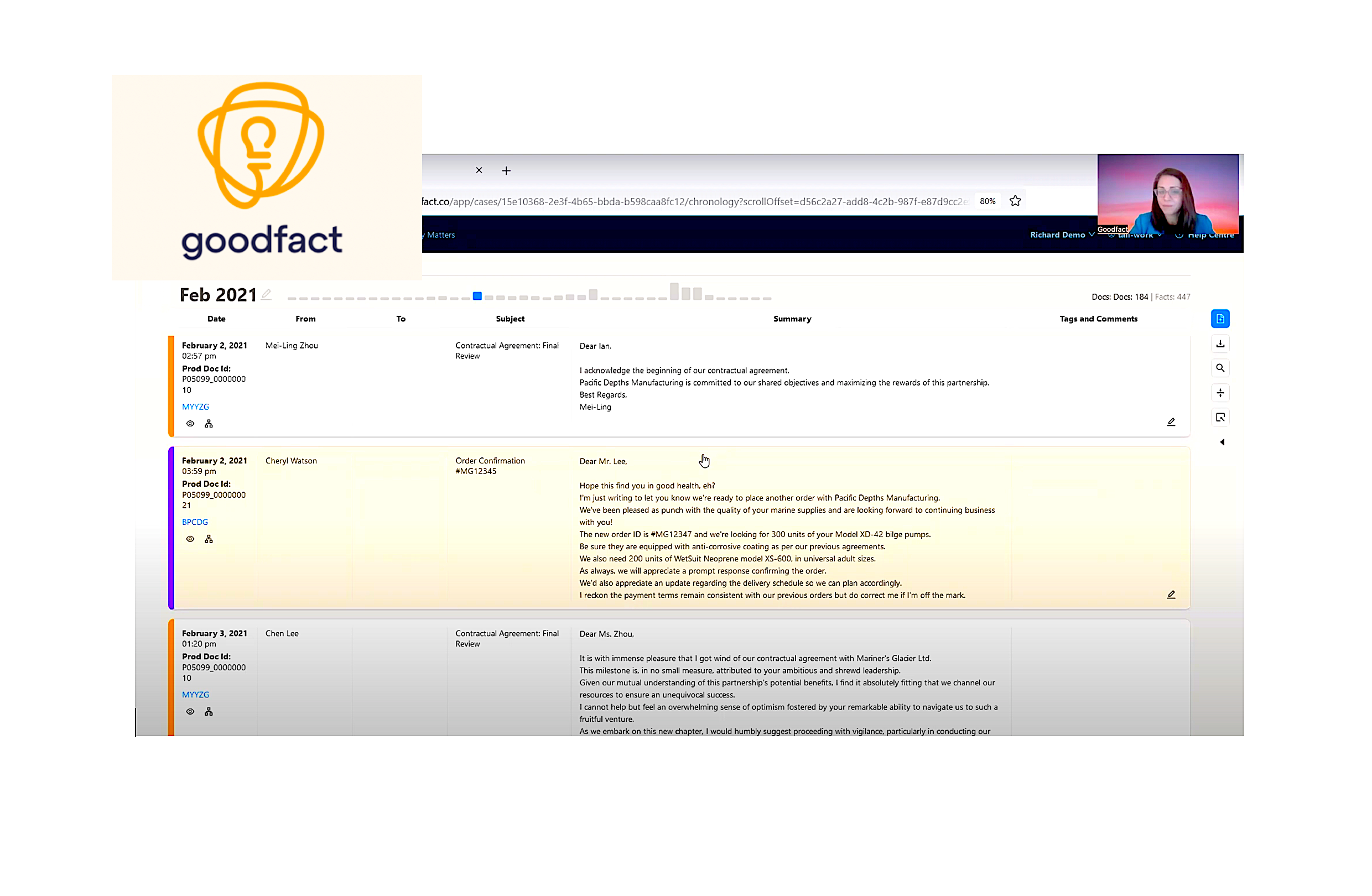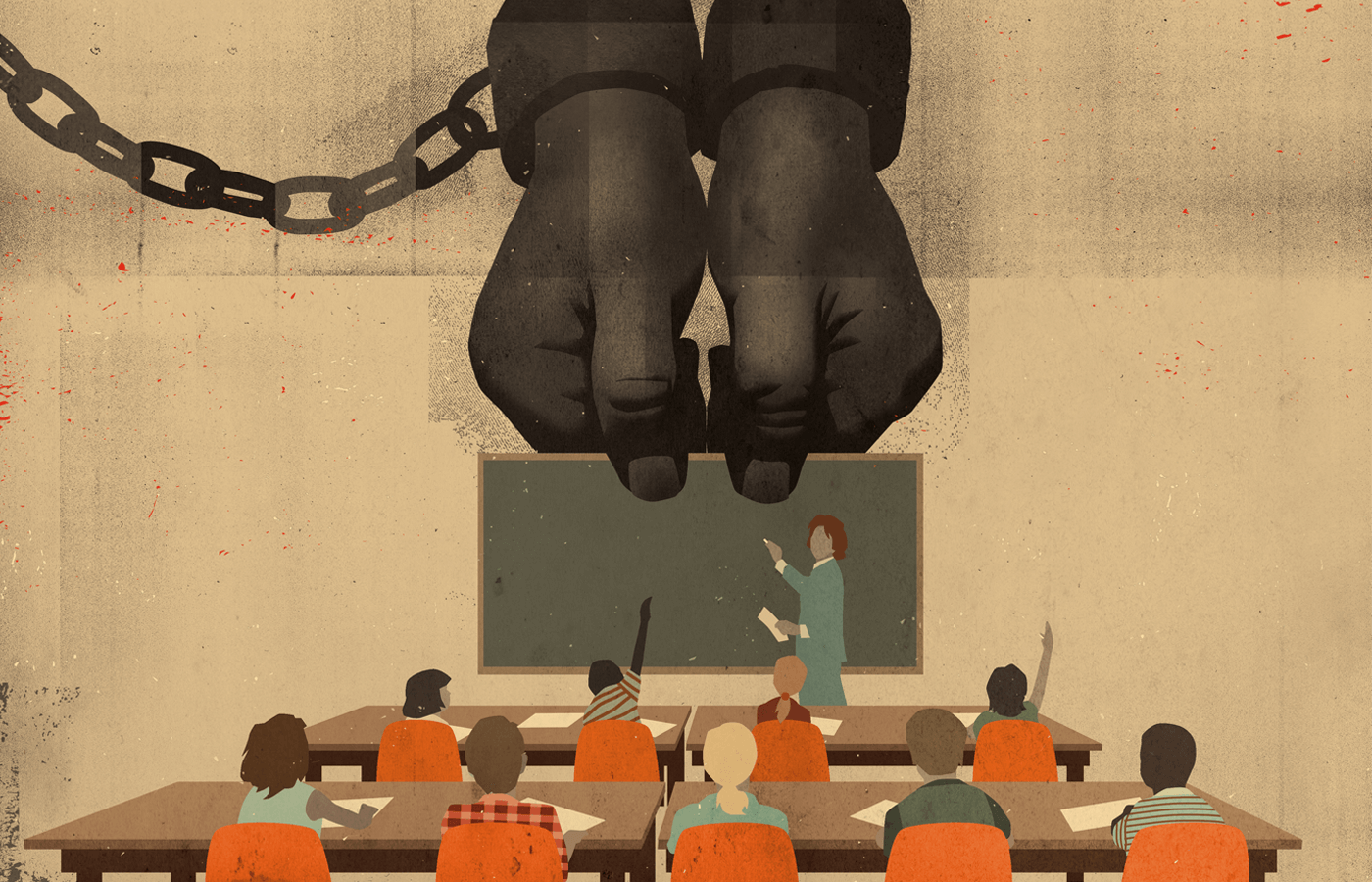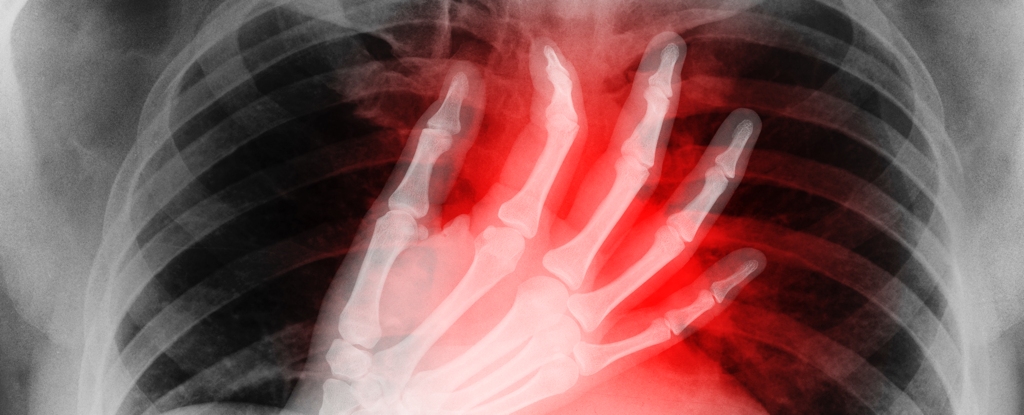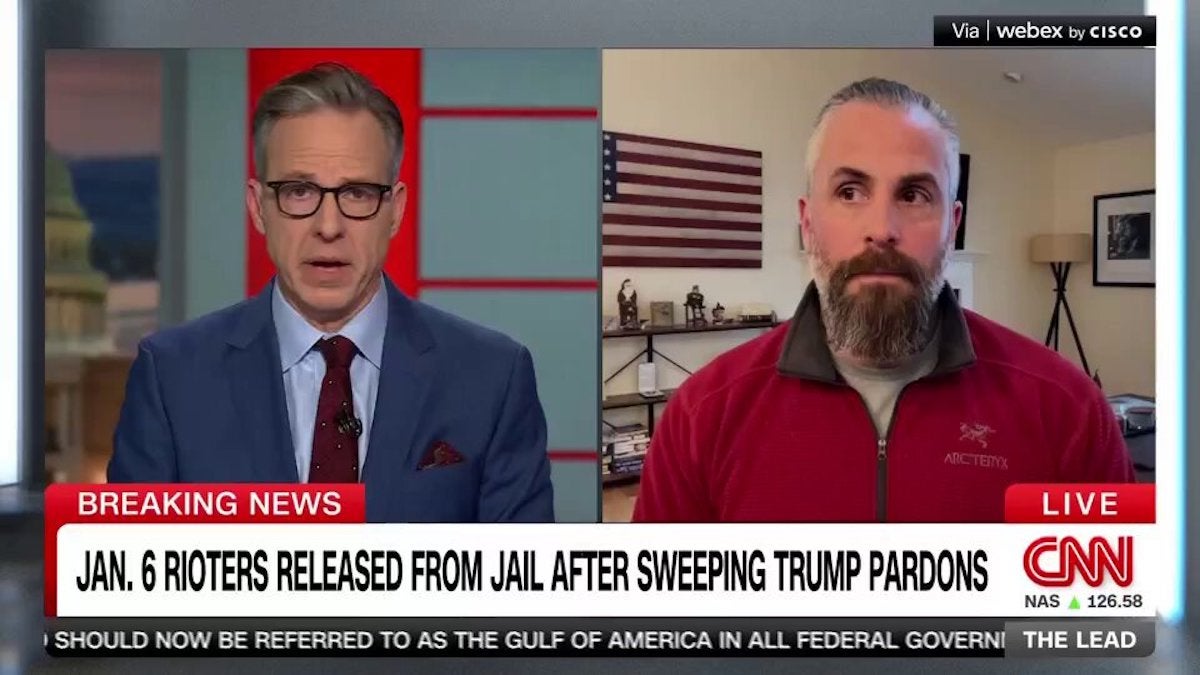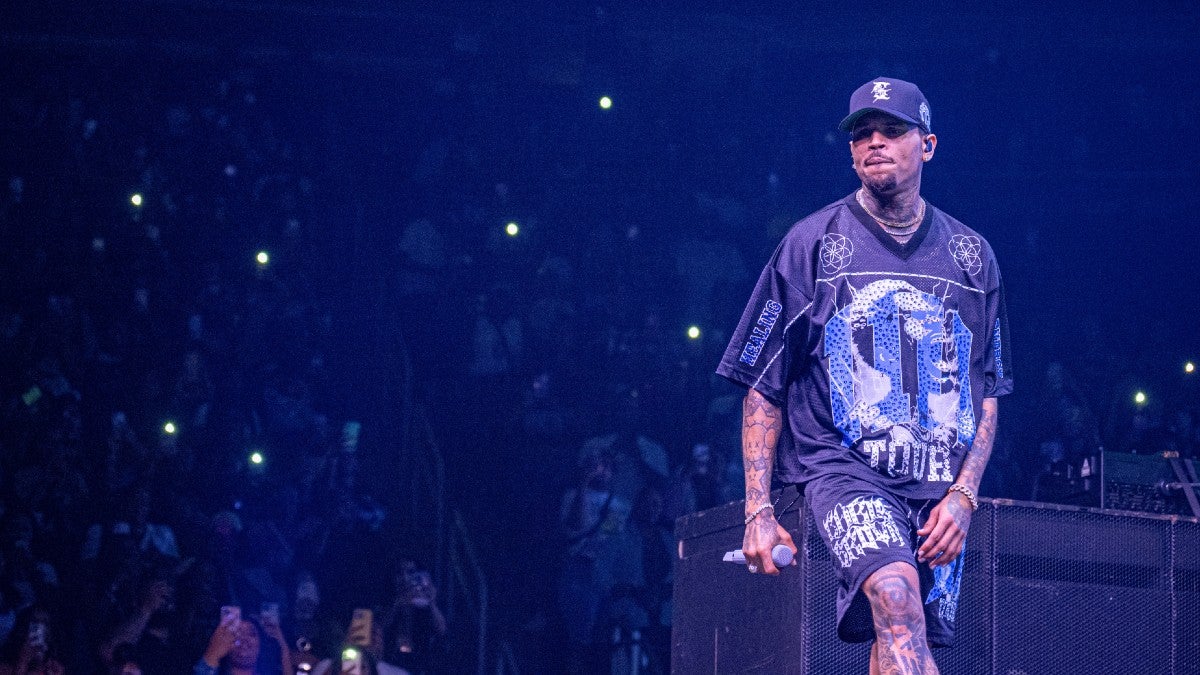Trump Announces Pardons for About 1,500 Supporters Charged in Jan. 6 Capitol Attack
On his first day back in office, President Donald Trump said he was pardoning about 1,500 of his supporters charged in the 2021 attack on the Capitol.


WASHINGTON — President Donald Trump on Monday said he was pardoning about 1,500 of his supporters who have been charged in the Jan. 6, 2021, U.S. Capitol attack, using his sweeping clemency powers on his first day back in office to dismantle the largest investigation and prosecution in Justice Department history. [time-brightcove not-tgx=”true”]
The pardons were expected after Trump’s yearslong campaign to rewrite the history of the Jan. 6 attack that left more than 100 police officers injured and threatened the peaceful transfer of power. Yet the scope of the clemency still comes as a massive blow to the Justice Department’s effort to hold participants accountable over what has been described as one of the darkest days in American history.
Read More: ‘He’s at the Apex of Power Now’: A Preview of Trump’s Second Term
Trump also commuted the prison sentences of leaders of the Oath Keepers and Proud Boys convicted of seditious conspiracy for what prosecutors described as plots to keep Trump in power after he lost the 2020 election. Trump is also directing the attorney general to seek the dismissal of about 450 pending cases against Jan. 6 defendants.
Trump had suggested in the weeks leading up to his return to the White House that he was going to look at the Jan. 6 defendants on a case-by-case basis. Vice President JD Vance had said just days ago that people responsible for the violence during the Capitol riot “obviously” should not be pardoned.
Casting the rioters as “patriots” and “hostages,” Trump has claimed they were unfairly treated by the Justice Department that also charged him with federal crimes in two cases he contends were politically motivated.
Read More: Donald Trump Censored His Inaugural Speech. And Then He Said The Rest
The pardons come weeks after Trump’s own Jan. 6 case was dismissed because of the Justice Department’s policy against prosecuting sitting presidents. Had Trump lost the 2024 election, he may have ultimately stood trial in the same federal courthouse within view of the Capitol where Jan. 6 cases have been playing out over the last four years.
More than 1,200 people have been convicted in the riot, including approximately 250 people convicted of assault charges.
Hundreds of Jan. 6 defendants who didn’t engage in any of the violence and destruction were charged with misdemeanor trespassing offenses, and many of those served little to no time behind bars.
But the violence that day has been documented extensively through videos, testimony and other evidence showing rioters—some armed with poles, bats and bear spray—swarming the Capitol, quickly overrunning overwhelmed police, shattering windows and sending lawmakers and aides running into hiding.
Read More: Inside the Capitol on Jan. 6: A Photographer’s View of American Exceptionalism Under Siege
Police were dragged into the crowd and beaten. One officer screamed in pain as he was crushed in a doorframe, and another suffered a heart attack after a rioter pressed a stun gun against his neck and repeatedly shocked him. Officers have described in testimony fearing for their lives as members of the mob hurled insults and obscenities at them.
Of the more than 1,500 people charged, about 250 people have been convicted of crimes by a judge or a jury after a trial. Only two people were acquitted of all charges by judges after bench trials. No jury has fully acquitted a Capitol riot defendant. At least 1,020 had pleaded guilty to crimes as of Jan. 1.
More than 1,000 rioters have already been sentenced, with over 700 receiving at least some time behind bars. The rest were given some combination of probation, community service, home detention or fines.
What's Your Reaction?







